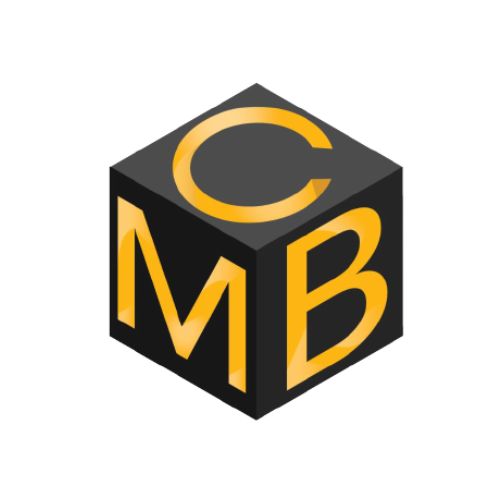
In the year 2023, it is important that you are well-informed about medical billing services. Medical billing services can help to streamline and make the process of getting paid for your medical expenses easier. There are a variety of medical billing services available that can help you to get paid faster and with more efficiency. Make sure you are aware of which medical billing services are available in your area so that you can take advantage of them when necessary.
If you’re like most small business owners, you likely don’t have the time or manpower to do your own billing. That’s where medical billing services come in, and they can be a huge boost to your bottom line. Here’s everything you need to know about these essential services:
1. What is medical billing?
Medical billing is the process of charging patients for their healthcare services. This could include anything from doctor visits to surgery to prescription medications.
2. Why use medical billing services?
Medical billing services can help you save money on your healthcare costs. Instead of wasting time and resources processing invoices yourself, you can put that energy into growing your business. Additionally, medical billing services are familiar with all the complexities involved in healthcare billing, which means they can help you avoid costly mistakes.
3. How do medical billing services work?
Medical billing services will contract with healthcare providers and then bill the patients accordingly. They will also handle all the paperwork related to insurance processing and filing claims. Ultimately, this makes it easier for you to focus on running your business while allowing a professional to take care of the billing angle for you.
What Is Denial Analysis in Medical Billing and How to Use It
5 Reasons Payment Posting In Medical Billing Is Actually a Good for medical practices
1. It’s a way to track payments and ensure that patients are timely paid for services rendered.
2. It creates transparency and trust between clinicians and patients.
3. It improves communication between clinicians and patients by ensuring timely notifications about payments.
4. It builds a reputation for medical practices as providers of high quality, affordable care.
5. It cuts costs associated with billing, collection, and other administrative tasks associated with medical practices.

